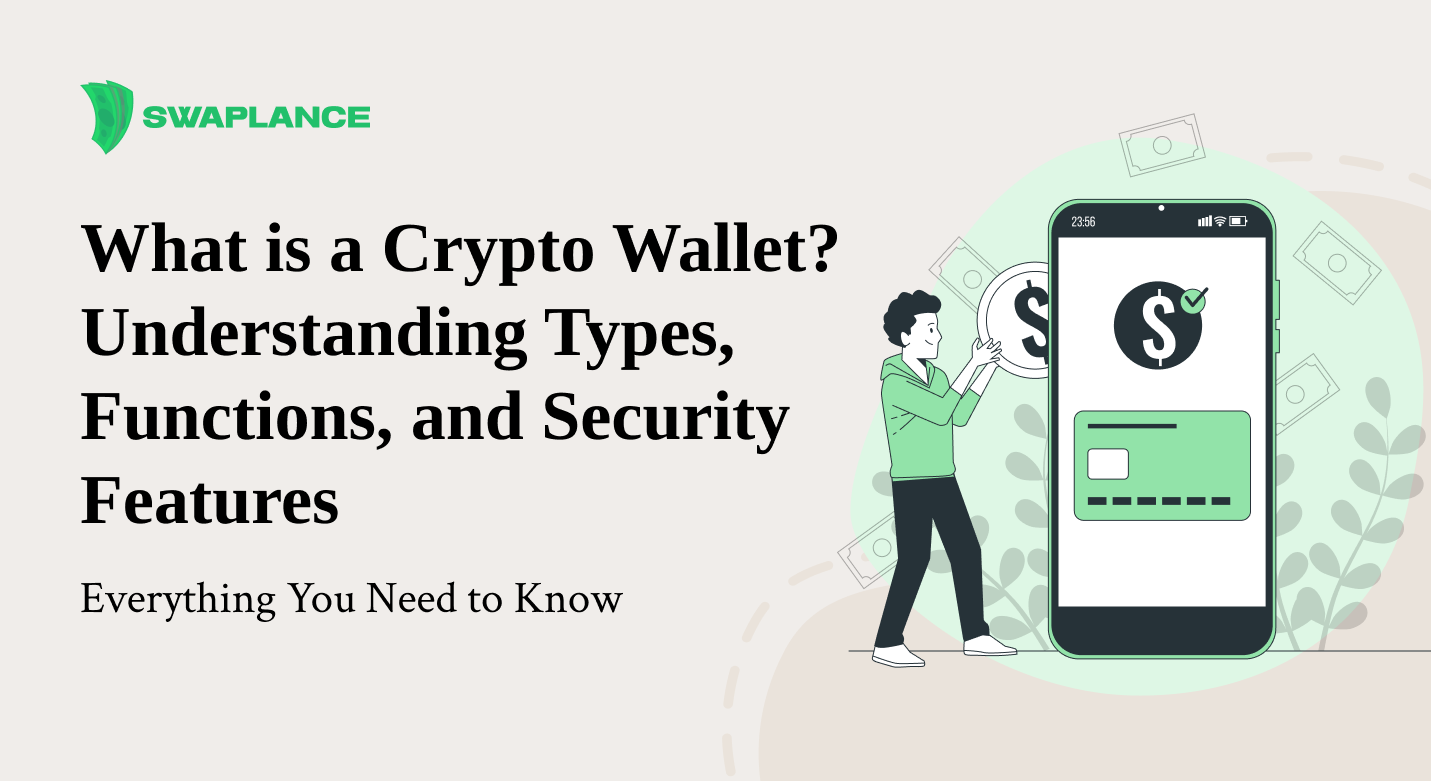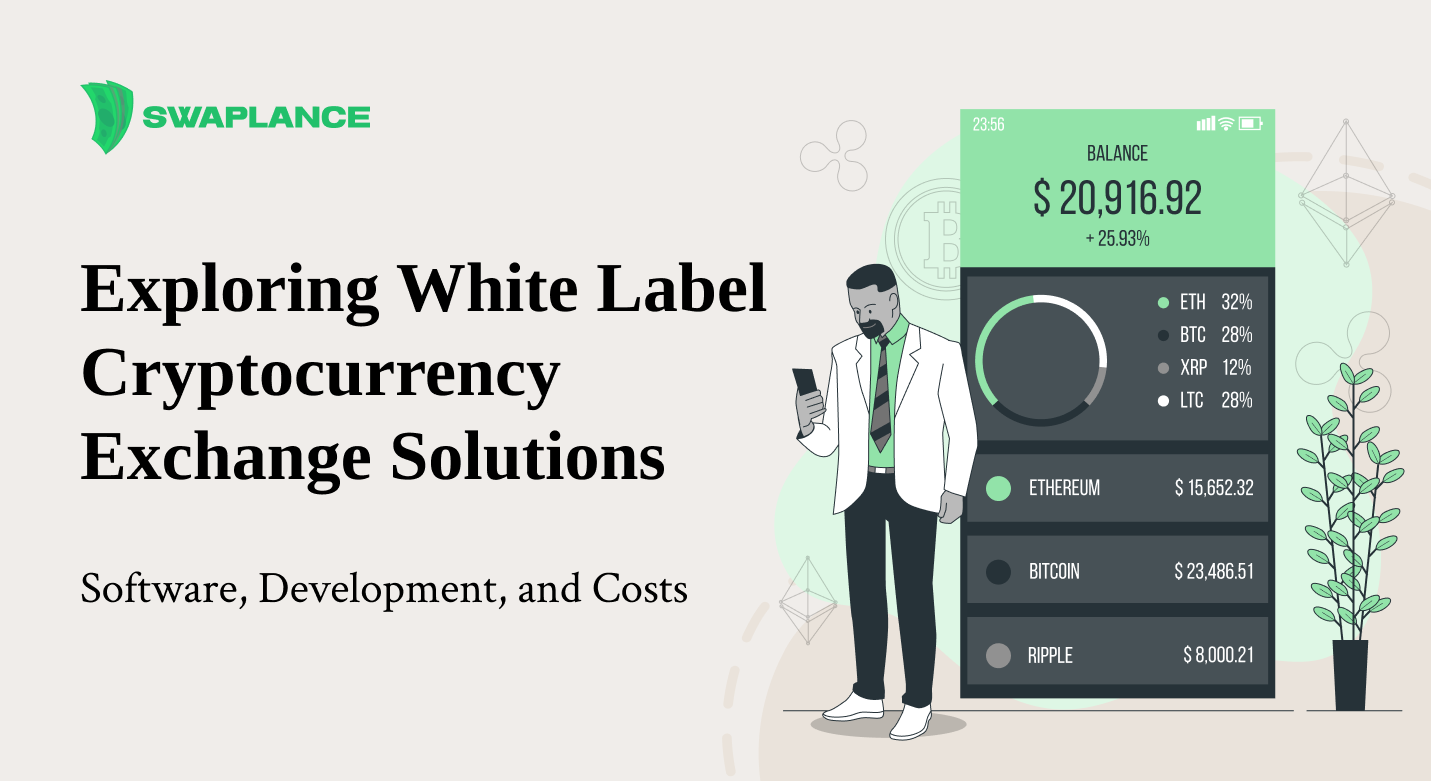
The Impact of Blockchain Technology on Modern Banking
Blockchain technology has been a transformative force in numerous industries, and banking is no exception. By offering unparalleled transparency, security, and efficiency, blockchain has revolutionized how financial institutions operate and interact with customers. This article explores the profound impact of blockchain technology on modern banking, shedding light on its adoption, benefits, and challenges.
What Blockchain Technologies Do Banks Use, and Why?
Blockchain in banking has become an essential tool for enhancing efficiency and trust. Banks commonly use private or permissioned blockchain networks such as Hyperledger Fabric, Corda, and Quorum. These platforms are preferred because they allow for controlled access, ensuring sensitive financial data remains secure while enabling efficient peer-to-peer transactions. Blockchain technology in banking is particularly beneficial for streamlining cross-border payments, enabling real-time settlements, and reducing dependency on intermediaries.
The appeal of banks and blockchain lies in the ability to minimize errors, lower operational costs, and enhance transparency in transactions. For instance, smart contracts – automated agreements that execute when predefined conditions are met – are used to eliminate manual processes and ensure compliance. This technological shift not only improves operational efficiency but also builds trust between banks and their clients by offering immutable records of transactions.
How Does Blockchain Affect Transaction Processing Times and Costs for Banks?
Blockchain technology in finance has significantly reduced transaction processing times and costs for banks. Traditional banking systems often involve multiple intermediaries and clearinghouses, which can delay transaction settlements by days. With fintech blockchain solutions, transactions are processed almost instantaneously, regardless of geographical boundaries.
Blockchain’s decentralized ledger eliminates the need for intermediaries, reducing processing fees for cross-border payments and other financial services. This is particularly valuable in remittance markets, where high fees can be a burden for customers. By using blockchain technology in finance, banks not only improve their operational efficiency but also offer more competitive services to clients, enhancing customer satisfaction and loyalty.
What Security Measures Can Be Implemented for Data Privacy on Blockchain Networks?
Blockchain financial services must prioritize data privacy and security to gain widespread trust and adoption. Blockchain technology banking systems often implement robust encryption techniques to safeguard transaction data. Cryptographic algorithms ensure that data stored on the blockchain is tamper-proof and accessible only to authorized parties.
Permissioned blockchain networks – which restrict access to verified participants – are commonly used in the banking sector to enhance privacy. Additionally, banks employ advanced measures such as multi-signature authentication and hardware security modules to protect sensitive data. These security protocols not only secure financial transactions but also ensure compliance with stringent regulatory requirements.
Blockchain’s decentralized nature also mitigates risks associated with single points of failure, making it inherently more secure than traditional centralized databases. By integrating these measures, blockchain financial services create a secure environment for customers and institutions alike.
How Does Blockchain Integrate with Existing IT and Legacy Systems?
Integrating blockchain with modern banking technology and legacy systems presents both challenges and opportunities. Banks must ensure that blockchain solutions seamlessly interact with their existing infrastructure to avoid disruptions in service delivery. Many institutions adopt a hybrid approach, combining blockchain platforms with their current IT systems to enable a gradual transition.
Blockchain in fintech often relies on application programming interfaces (APIs) to facilitate integration. These APIs enable data sharing between blockchain networks and legacy systems, ensuring interoperability. Furthermore, banks invest in training and upskilling their workforce to manage blockchain-based systems effectively. While the integration process can be complex, the long-term benefits – including enhanced efficiency and reduced costs – make it a worthwhile endeavor.
Can You Provide Examples of Successful Blockchain Pilot Projects in Banking?
Numerous banks have launched successful pilot projects to explore what is blockchain in banking and its potential. One notable example is JPMorgan’s Quorum platform, a permissioned blockchain used for secure and efficient financial transactions. Quorum has been instrumental in automating processes such as interbank payments and smart contract execution.
Another example is Santander’s One Pay FX, which leverages blockchain technology in banking to facilitate fast and transparent cross-border payments. This platform allows customers to see the exact costs and delivery times of their transactions, enhancing trust and transparency.
Additionally, HSBC has used blockchain to process millions of foreign exchange transactions through its FX Everywhere platform. This initiative demonstrates how blockchain can streamline operations and reduce costs in complex financial ecosystems. These projects underscore the transformative potential of blockchain technology in banking and its ability to redefine industry standards.
Conclusion
Blockchain technology is reshaping modern banking by enhancing efficiency, security, and transparency. From reducing transaction costs to enabling real-time settlements, the adoption of blockchain in banking is paving the way for a more streamlined and customer-centric financial landscape. However, challenges such as integration with legacy systems and data privacy concerns must be addressed to fully realize its potential.
For businesses and institutions looking to capitalize on blockchain’s transformative power, collaborating with experts is crucial. Platforms like Swaplance connect organizations with freelance blockchain developers and fintech specialists who can help design and implement tailored solutions. By leveraging the expertise of skilled professionals, banks and financial institutions can navigate the complexities of blockchain technology and position themselves as leaders in the evolving financial ecosystem.
Common questions
-
How does blockchain technology enhance security in banking transactions?Blockchain technology enhances security in banking transactions by utilizing its decentralized and immutable ledger system. Each transaction is cryptographically secured and verified by a network of participants, reducing the risk of tampering or unauthorized alterations. Additionally, blockchain’s transparency ensures that all parties can independently verify transaction details, which helps prevent fraud. This technology also employs advanced encryption techniques and distributed data storage, further safeguarding sensitive banking information from cyberattacks and breaches.
-
What benefits does blockchain offer to traditional banking systems?Blockchain offers significant benefits to traditional banking systems by streamlining processes and enhancing efficiency. It reduces transaction processing times and costs through its decentralized ledger, eliminating the need for intermediaries. Blockchain technology also improves transparency and security, ensuring that all transactions are immutable and verifiable, which helps prevent fraud. Furthermore, its ability to enable cross-border payments in real-time enhances global financial connectivity, giving banks a competitive edge in serving customers.
-
How are banks currently implementing blockchain technology in their operations?Banks are increasingly implementing blockchain technology to enhance their operations, particularly in areas like payment processing, trade finance, and identity verification. Many banks use blockchain to facilitate faster and more cost-effective cross-border transactions, replacing traditional, slower systems like SWIFT. In trade finance, blockchain provides transparent and immutable records, reducing fraud and improving trust among parties. Additionally, blockchain is being used for digital identity management, enabling secure and efficient customer verification processes. Pilot projects and collaborations with fintech firms are helping banks explore broader applications of blockchain technology in their services.
 Mark Petrenko
Mark Petrenko 




